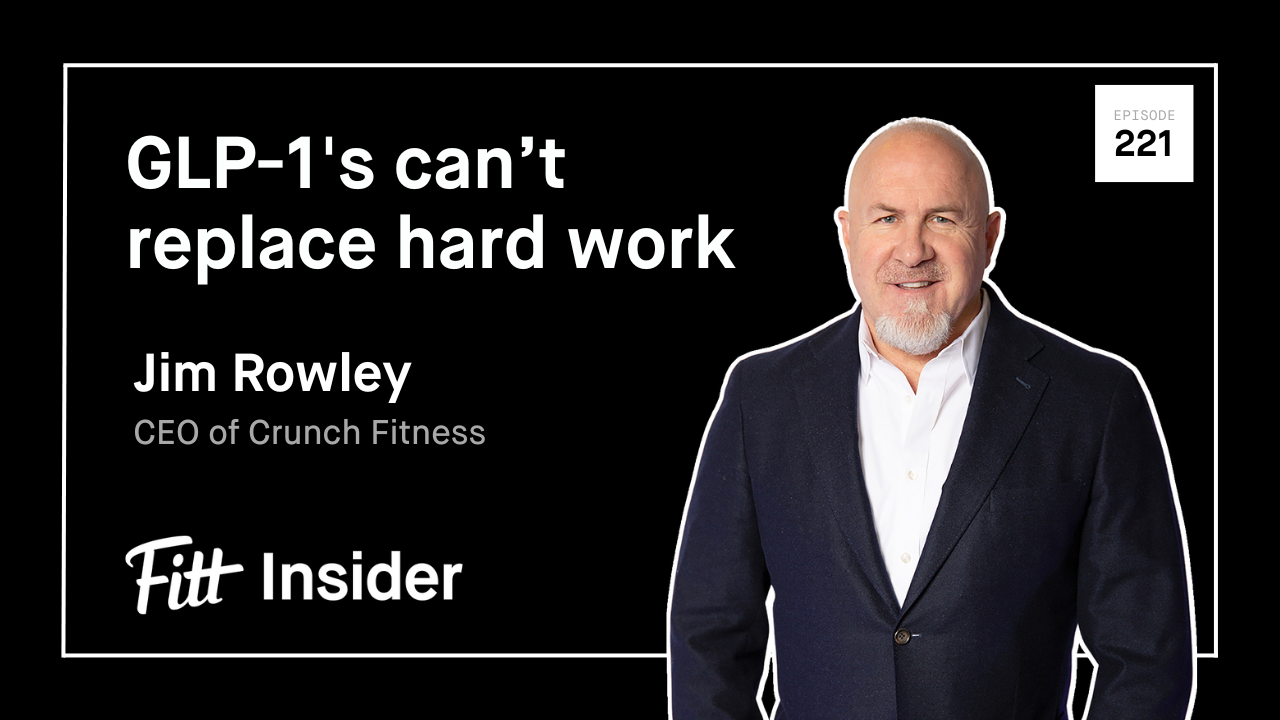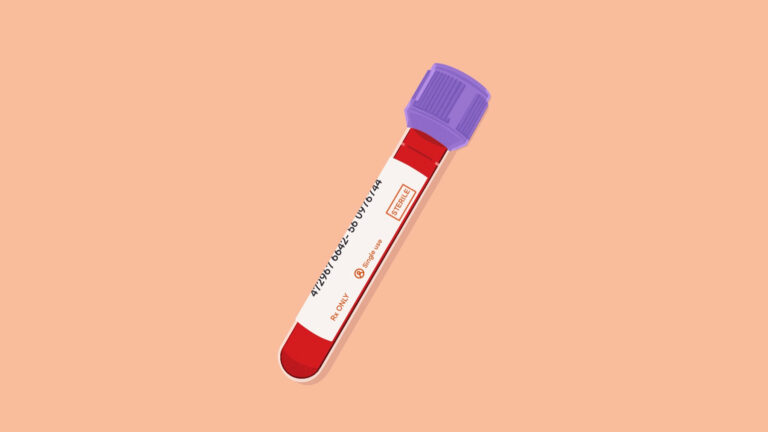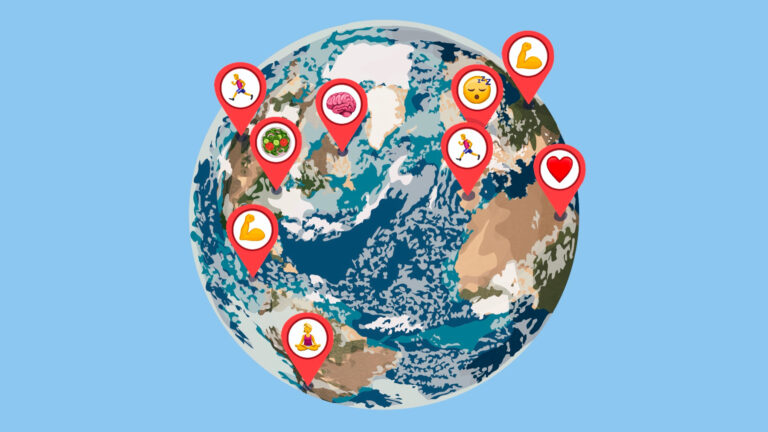
A proactive care plan for health, longevity, and performance.
Preventative health starts with getting kids moving.
Sidelined
According to the Aspen Institute, more kids are trying sports, but fewer are sticking with them.
- 1.2M less youth played team sports in 2019 vs. 2022.
- Just 36% of 6–12-year-olds played sports regularly — the lowest in a decade.
- Among low-income 13–17-year-olds, participation dropped 11% over 10 years.
And the decline is costly.
Up to 10% of US children now have fatty liver disease, a condition linked to obesity and lack of exercise that was practically nonexistent among kids before 2000.
If 63% of kids played sports regularly, we would have 2.3M fewer overweight and obese youth by 2030, saving $57B in direct medical costs and productivity.
Pay-to-Play
Despite the drop-off, the $30B+ youth sports industry remains lucrative.
Pro team owners Josh Harris and David Blitzer invested in a youth sports complex at Ohio’s Hall of Fame Village and partnered with Shaun White to buy action sports camp We Are Camp.
Streamlining league operations, management platforms TeamSnap and LeagueApps have raised $58.6M and $35M, respectively.
Meanwhile, student-athlete boarding school IMG Academy—where tuition is 86K+—sold for $1.2B last year.
As investors crowd in, options are becoming more exclusive and expensive. Half of families struggle with costs, leading kids to opt for cheaper hobbies like video games and social media.
Free for all. Of note, basketball—a free sport that can be enjoyed solo—was the most played by kids, with ~25% shooting hoops in 2022.
Trying to democratize participation, the NHL and MLS partnered with sports experience operator RCX Sports to launch accessible youth leagues.
Similarly, the MLB struck a deal with youth sports platform GameChanger to provide inner-city teams with free app subscriptions.
PE Problems
Ideally, school is where kids can play low-stakes sports. But in the US, that’s not happening.
Once ubiquitous, only 4% of elementary schools, 7% of middle schools, and 2% of high schools require daily PE throughout the year, and 22% have no PE.
Underfunded, schools are leaning on partnerships for support.
- Under Armour’s Project Rampart supports high school athletics in Baltimore.
- Tom Brady’s TB12 developed gym class programming for Tampa-area schools.
- Stephen Curry’s Eat. Learn. Play. Foundation committed $50M to Oakland students.
Beyond physical health, better PE could improve academic outcomes. When kids lack a healthy mix of movement, sleep, and time offline, they’re more likely to fail classes.
Opening its doors, Planet Fitness’ free Summer Pass program signed up 15% of US high-schoolers.
Injury Report
Complicating matters, injuries are ramping up among active teens.
Pressured to compete, kids are specializing in single sports earlier, increasing risk of overuse injuries and preventable ACL surgeries.
A contributing factor, the Aspen Institute found over two-thirds of coaches lack knowledge of general safety, conditioning, and training protocols.
Hoping to help, Players Health has raised $34.1M for digital safety training programs. Teaching proper form, fitness franchise D1 Training tailors workouts to 7–18-year-olds.
Looking ahead: For better or worse, youth sports are evolving into highly profitable mini pro leagues. While kids with Olympic ambitions and deep-pocketed families may benefit, worsening public health suggests many are left behind. Reversing the trend requires reminding parents, coaches, and kids that sports should be fun.
🎙 On the Podcast

Crunch Fitness CEO Jim Rowley discusses the future of gym franchises.
Known for its inclusive atmosphere, Crunch combines classes, state-of-the-art equipment, personalized programs, and digital content. Speaking on brand, culture, and community, Jim shares why Crunch won’t be dispensing GLP-1s.
We also cover: the role of wellness and recovery offerings, future gym formats, and digital platform Crunch+.
Listen to today’s episode here.
💸 Timeline Nutrition landed $66M
The Swiss longevity supplement brand’s Series D was co-led by Nestlé Health Science and L’Oréal’s VC arm BOLD.
Scaling up. The company’s clinical Mitopure technology boosts cellular health, supporting muscle strength, cognition, immunity, skin, and more for healthy aging.
Aided by the global CPG giants, Timeline will extend its proprietary anti-aging tech across new products and sectors, including food and beauty.
Ageless. From an aesthetic, physiologic, and economic standpoint, anti-aging offers massive returns — delaying age-related deterioration by just one year would save the US $38T.
A new but rapidly expanding science, supplements in this territory don’t require a prescription, allowing companies—like Tally Health and Elysium Health—to scale healthspan-extending ingestibles D2C.
Takeaway: Pouring resources into research centers, studies, and product development, consumer-facing biotech brands are catapulting the longevity economy ahead.
Presented by Lifeforce
💪 The Future of Proactive Care
It’s no secret: sick care is failing us.
But you don’t have to settle for average; Lifeforce offers an upgrade.
A first-of-its-kind proactive performance plan, Lifeforce combines at-home diagnostics, clinical-grade nutraceuticals, hormone optimization, and functional medical support in one convenient membership.
The goal? Optimize the aging process — improving energy levels, body composition, and overall health for a long, fulfilling life.
Level up: Measure your baseline to get started.
💍 Samsung readies Galaxy smart ring
Set to be released this year, the company’s Oura rival will track sleep and activity levels before adding additional health features.
Health-minded. Keeping pace with Apple and Google, Samsung’s ecosystem is expanding to entice consumers seeking personalized, preventative wellness.
Samsung’s digital health lead Hon Pak told Bloomberg the company is also pursuing continuous blood pressure and glucose monitoring:
“I think that’s where everyone is trying to get to. We’re putting significant investment toward that.”
Finger fight. Oura is a $2.5B smart ring pioneer, but competitors are giving chase.
- Movano Health debuted its women’s health-focused Evie Ring.
- India’s Ultrahuman pairs its ring with metabolic health insights.
- France’s Circular claims its device is the “world’s thinnest” smart ring.
Elsewhere, smart rings headlined CES 2024, with Lotus, Amazfit, and YogiFi moving in. Not to be outdone, Apple has filed ring patents of its own while pushing new sensors for Watch.
Punchline: Demand for smaller, more powerful health-tracking hardware will see consumers and wearable makers trade wrist-worn devices for sensor-packed, always-on rings.
📰 News & Notes
- Lumin Fitness scales AI-powered studios in franchise deal.
- Hyperice doubles down on percussive massage patent lawsuit.
- Better-for-you energy drink maker CELSIUS enters CAN, UK, IRE.
- EGYM hires industry vets, extends Life Fitness smart cardio deal.
- Centr rethinks fitness resolutions with new holistic programming.
- Xponential Fitness-owned Club Pilates opens first two UK studios.
- MLS spins out incubator to advance American soccer development.
- AllTrails launches AI-powered trail discovery tool in OpenAI’s GPT Store.
- Peloton sells vacant Ohio site after scrapping $400M manufacturing facility.
- Fitbit, Quest Diagnostics partner to study wearables’ impact on metabolic health.
- Venture capital firm General Catalyst buys Summa Health hospital, converts to for-profit.
- Changing careers? Explore hundreds of openings on Fitt Jobs. Hiring? Work with our recruiters.
💰 Money Moves
- Swiss longevity supplement maker Timeline Nutrition raised CHF 56M ($66M) co-led by Nestlé Health Science and BOLD, L’Oréal’s investment arm.
- Boxing equipment specialist Promountings acquired water-filled punching bag brand Aqua Training Bag.
- India-based health and nutrition platform FITTR scored $3.5M from venture fund Rainmatter.
- Powdered greens brand Bloom Nutrition received $90M in a round led by performance supplement company Nutrabolt, which acquired a 20% stake.
- Eastside Golf, a diversity-focused lifestyle golf brand, closed a $3.4M seed round led by EP Golf Ventures, a partnership between the PGA of America and Elysian Park Ventures.
- Compass Diversified acquired feminine care brand The Honey Pot Co. for $380M.
- Sports software provider Teamworks acquired Belfast-based Kairos, a team management platform.
- Madrid-based racket sports app Playtomic acquired Sportclubby, an Italian social platform for booking sport and leisure.
- Hydration-tracking wearable maker Epicore Biosystems received undisclosed investments from Pegasus Tech Ventures and Denka Company Limited to enter Asia.
More from Fitt Insider: Sweat Patches Scale Up - Nurture Life, a healthy kids meal delivery service, secured $5.1M from undisclosed investors.
- NEXT Life Sciences secured $2.5M in an oversubscribed seed round led by The Family for its male contraceptive product Plan A.
- Nutraceuticals company M2 Ingredients/Om Mushroom Superfood raised an undisclosed amount in a round led by Meaningful Partners.
- Talofa Games, maker of social fitness video games, raised $6.3M in a seed round led by Chamaeleon.
- MPearlRock, a joint venture between PearlRock Partners and MidOcean Partners, acquired non-dairy creamer brand nutpods.
- Pyx Health, a loneliness support startup, acquired peer-to-peer mentoring platform InquisitHealth.
Today’s newsletter was brought to you by Anthony Vennare, Joe Vennare, Ryan Deer, and Jasmina Breen.






